

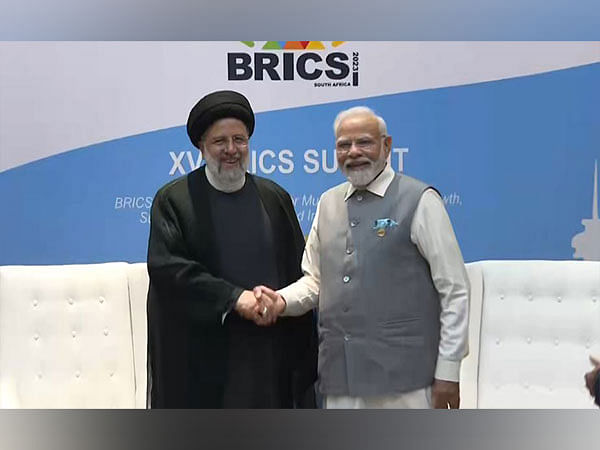
Prime Minister Narendra Modi's two-day visit to Russia for the BRICS Summit 2024 has kicked off with several bilateral summits discussing key issues such as India-Russia ties, the war in Ukraine, and conflicts with Iran and Israel. The summit, with the theme of 'Strengthening Multilateralism,' will see discussions on global issues and includes new member nations - Iran, Egypt, Ethiopia, and the United Arab Emirates. As major emerging economies, the BRICS group comprises 41% of the world population and 24% of the world GDP, making it an important platform for discussions on global development and security.
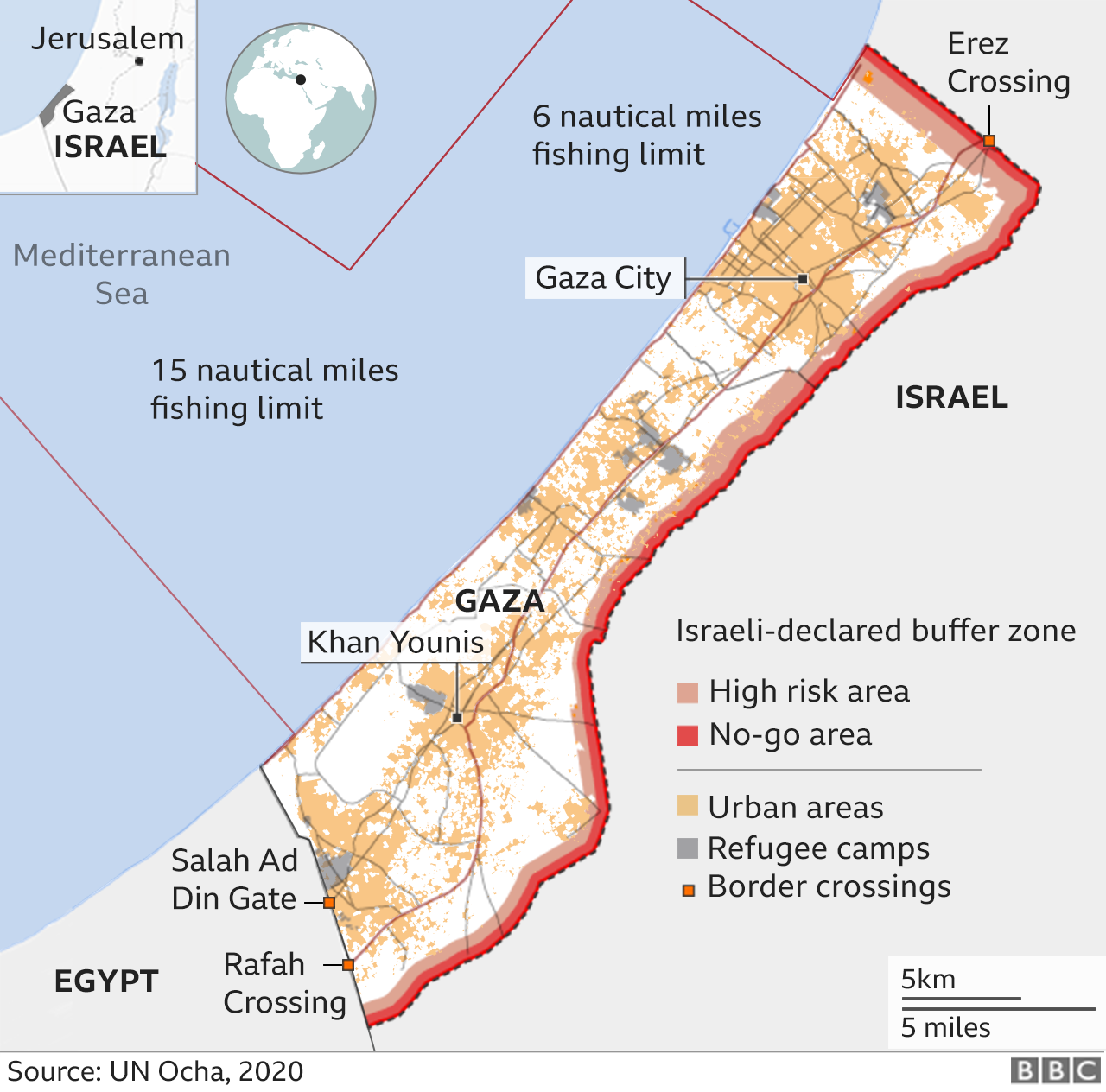
In this episode of "News Today," experts discuss the ongoing clashes between Israel and Hezbollah in West Asia, as well as President Joe Biden's stance on Israel's reported plans to strike Iran's nuclear facilities. Questions are raised about the role of the United States and the world community in this conflict and whether Israel's actions have put America in a difficult position. Viewers can tune in to hear expert opinions on the escalating tensions.
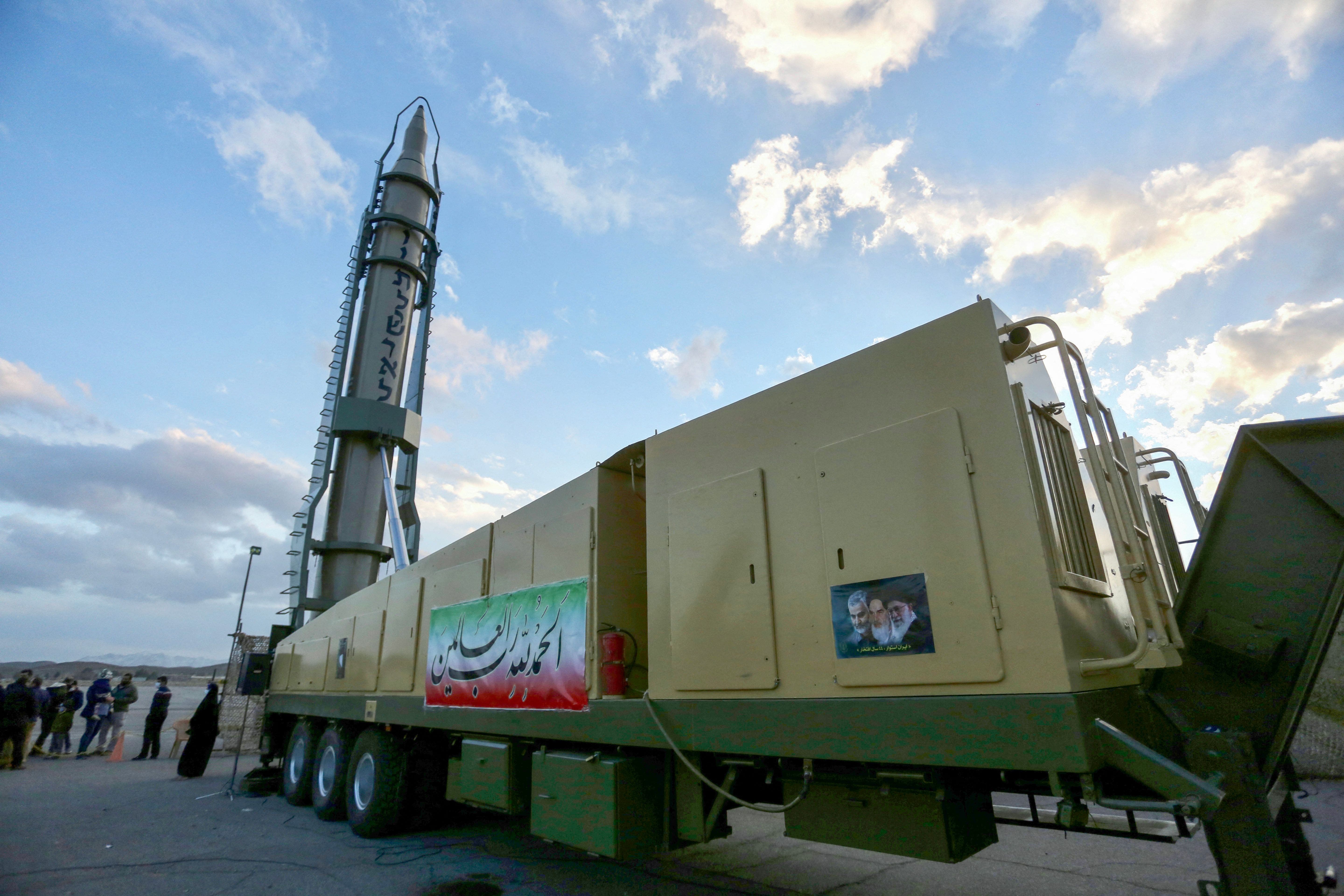
In a dangerous escalation in the volatile region, Iran has launched a major missile strike targeting sites across Israel. This comes after Israel killed Hezbollah leader Hassan Nasrallah and sent troops into Lebanon, prompting Iran to retaliate. US President Biden has directed the military to shoot down the missiles and tensions remain high as Iran promises a "crushing response" to any further acts from Israel.
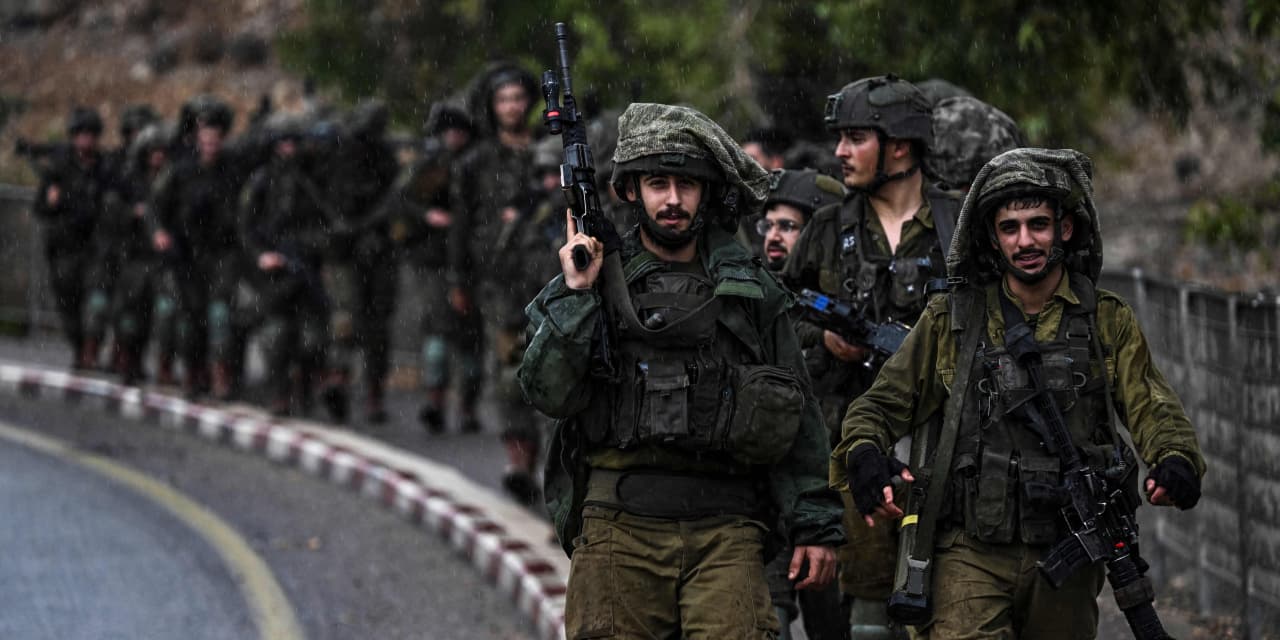
As tensions between Israel and Lebanon's militant group Hezbollah escalate, many fear that it could potentially erupt into a full-blown war. Hezbollah, a political, social, and military powerhouse in Lebanon, has been engaged in a long-standing battle with Israel since its founding in 1982. With support from Iran, Hezbollah poses a formidable threat to Israel and continues to seek its destruction. As the situation intensifies, the world looks on with concern for the potential consequences of this volatile conflict.
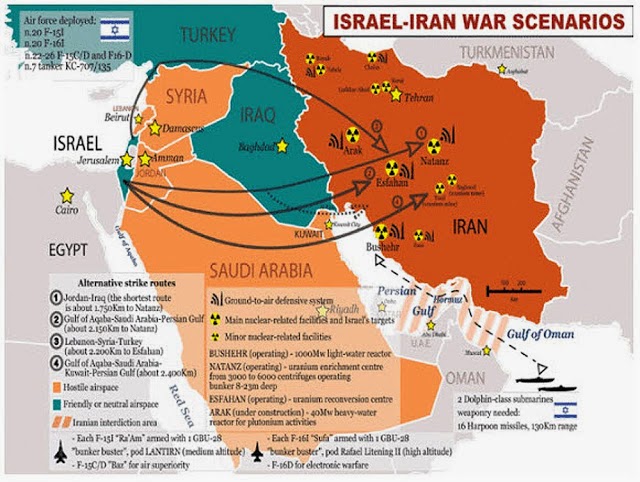
Tensions between Iran and Israel have reached a boiling point following the back-to-back assassinations of Hamas leader Ismail Haniyeh and a Hezbollah military chief. While Israel has not claimed responsibility, Iran has declared its "legal right" to punish Israel. The US has rushed to offer support to its ally as fears of major military action from Iran and its allies mount. This comes after a decades-long shadow war between the two regional foes escalated with the events of the past 10 months, including Hamas attacks on Israel and Iran's support for the Palestinian group.

Tensions have reached a critical point in the Middle East as the conflict between Israel and Hamas in Gaza continues. Following the assassinations of Hamas leader Ismail Haniyeh in Tehran and Hezbollah's military chief in Beirut, Saudi Arabia has called for their citizens to leave Lebanon immediately. The situation remains volatile as Iran and its allies vow to retaliate, causing fears of a regional war as the US moves warships and fighter jets to the area.
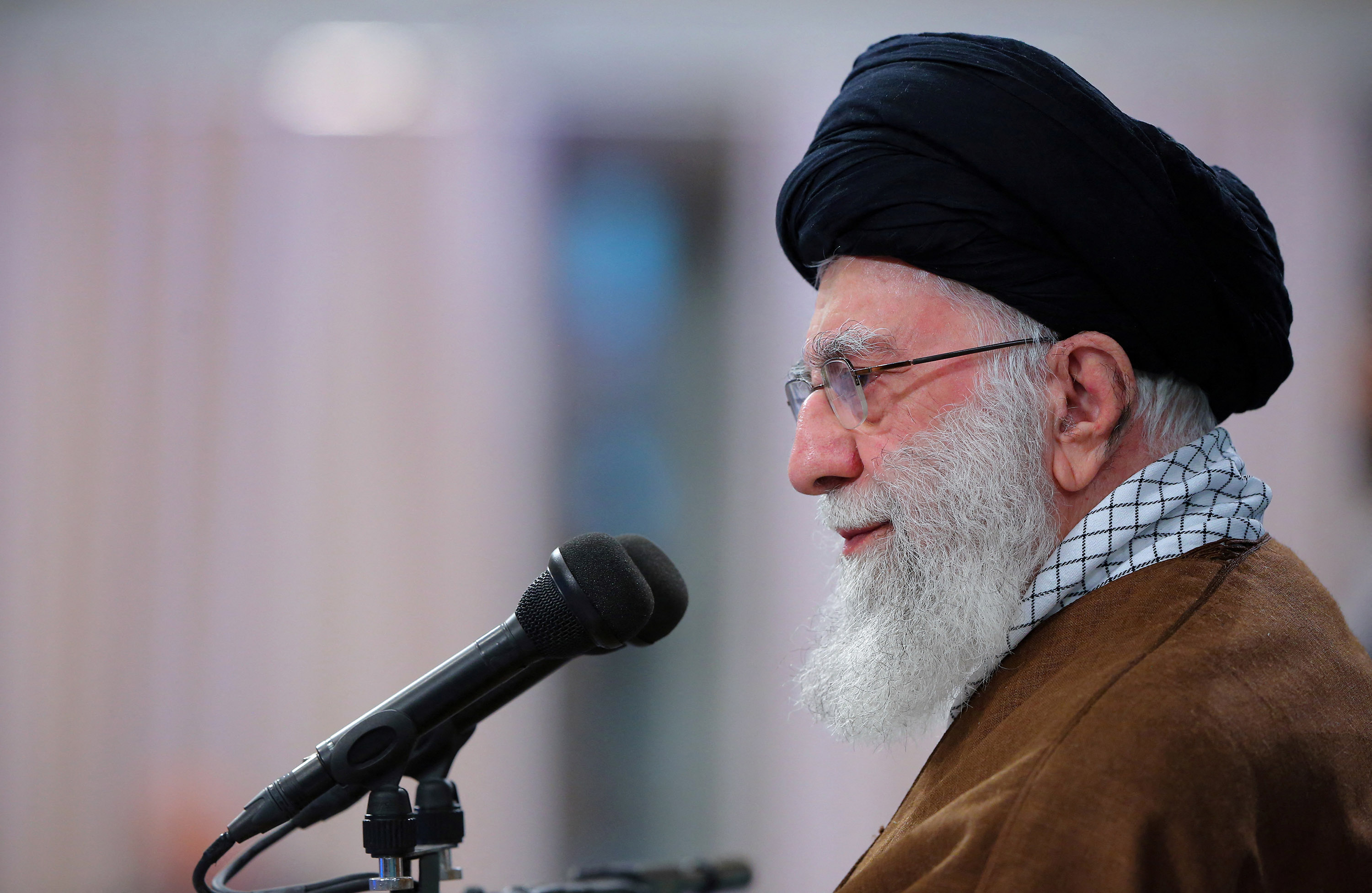
According to Iranian officials, Ayatollah Ali Khamenei has given the order to strike Israel directly after the killing of Hamas leader Ismail Haniyeh in Tehran. Israel has been accused of assassination by both Iran and Hamas, although they have not confirmed or denied the claims. This comes amid increased tensions between Iran and Israel, with Iran attempting to balance pressure through attacks by its allies while avoiding all-out war. This latest order is seen as a significant escalation in the ongoing conflict between the two nations.
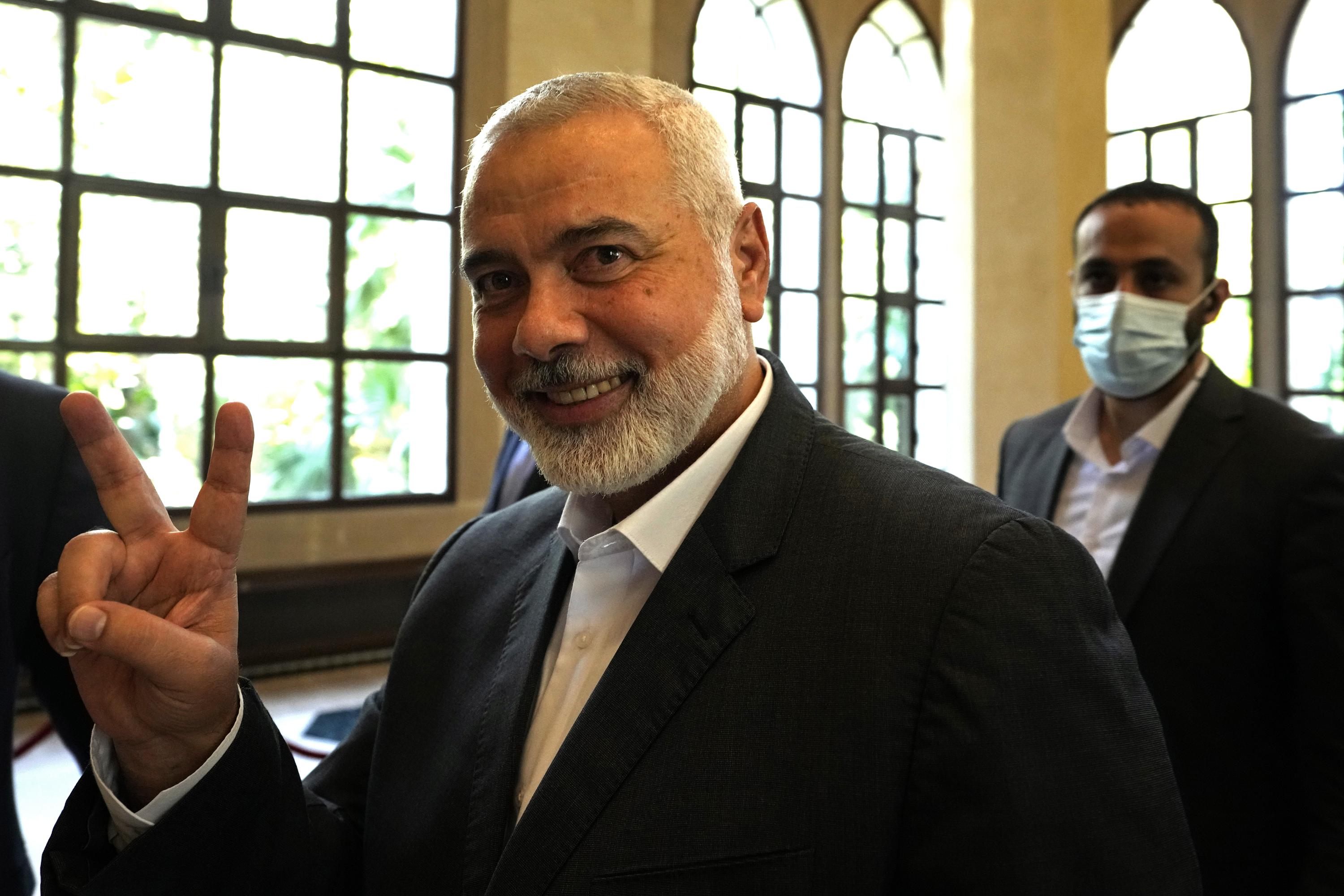
Iran's Supreme Leader Ali Khamenei reportedly orders a direct attack on Israel after the assassination of Hamas leader Ismail Haniyeh in Tehran. The attack, seen as one of Israel's biggest blows to Iran and its allies, marks a dangerous escalation in the ongoing Israel-Hamas war and raises the risk of a regional conflagration between Israel, Iran, and its proxies. The US has expressed concern about the potential for escalation but believes it is not imminent or inevitable. In Iran, Khamenei has declared three days of mourning for Haniyeh, a major figure in Hamas' international diplomacy.
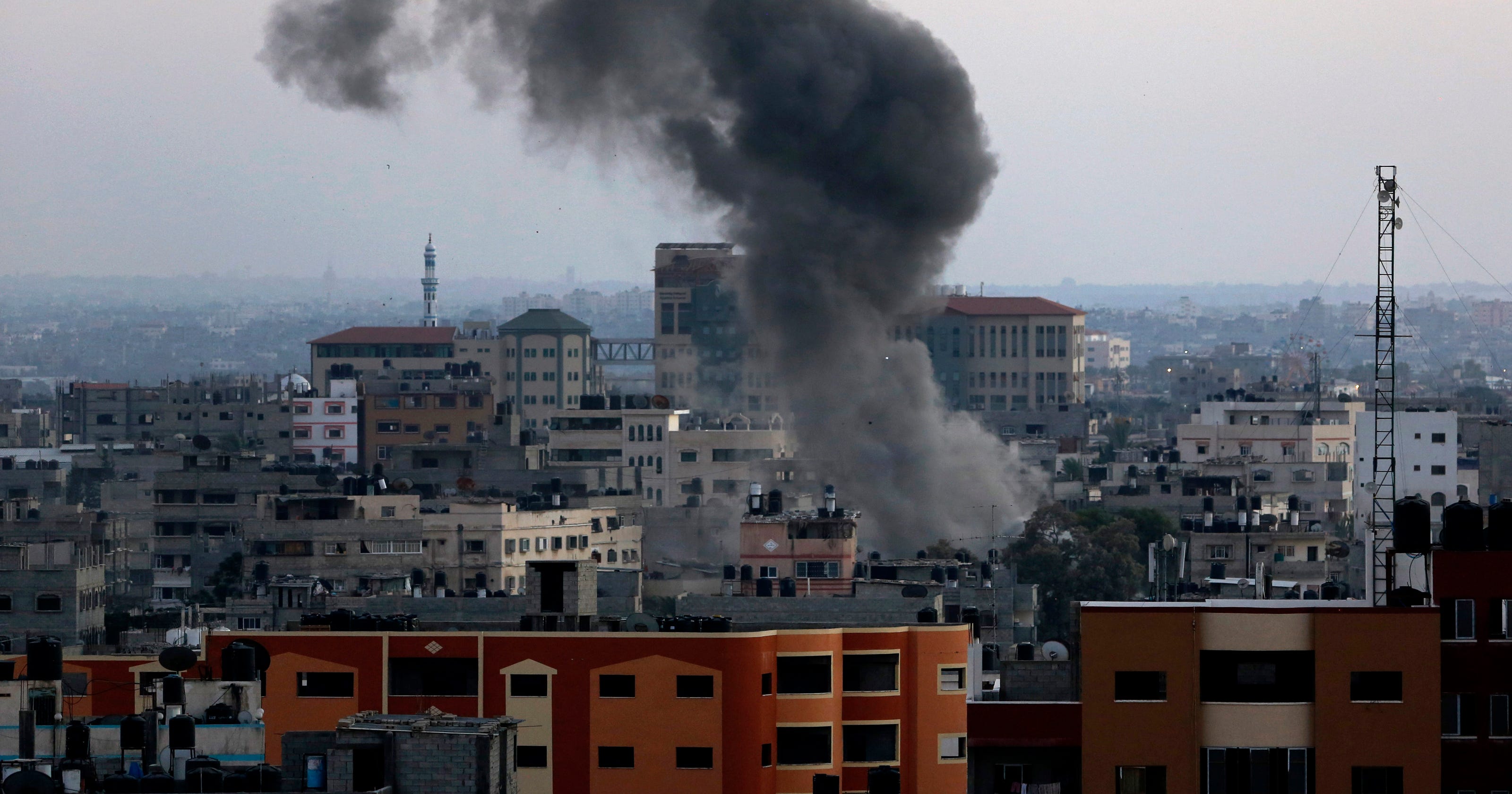
Amid mounting tensions in the Middle East, Hamas' leader Ismail Haniyeh was killed in a predawn airstrike in Tehran, Iran, which Iran and the militant group have blamed on Israel. The assassination, which took place just hours after Israel targeted a top Hezbollah commander in Beirut, has the potential to escalate the conflict and push Iran and Israel into direct confrontation. The U.S., which has been working to prevent an all-out regional war, has not yet commented on the incident.
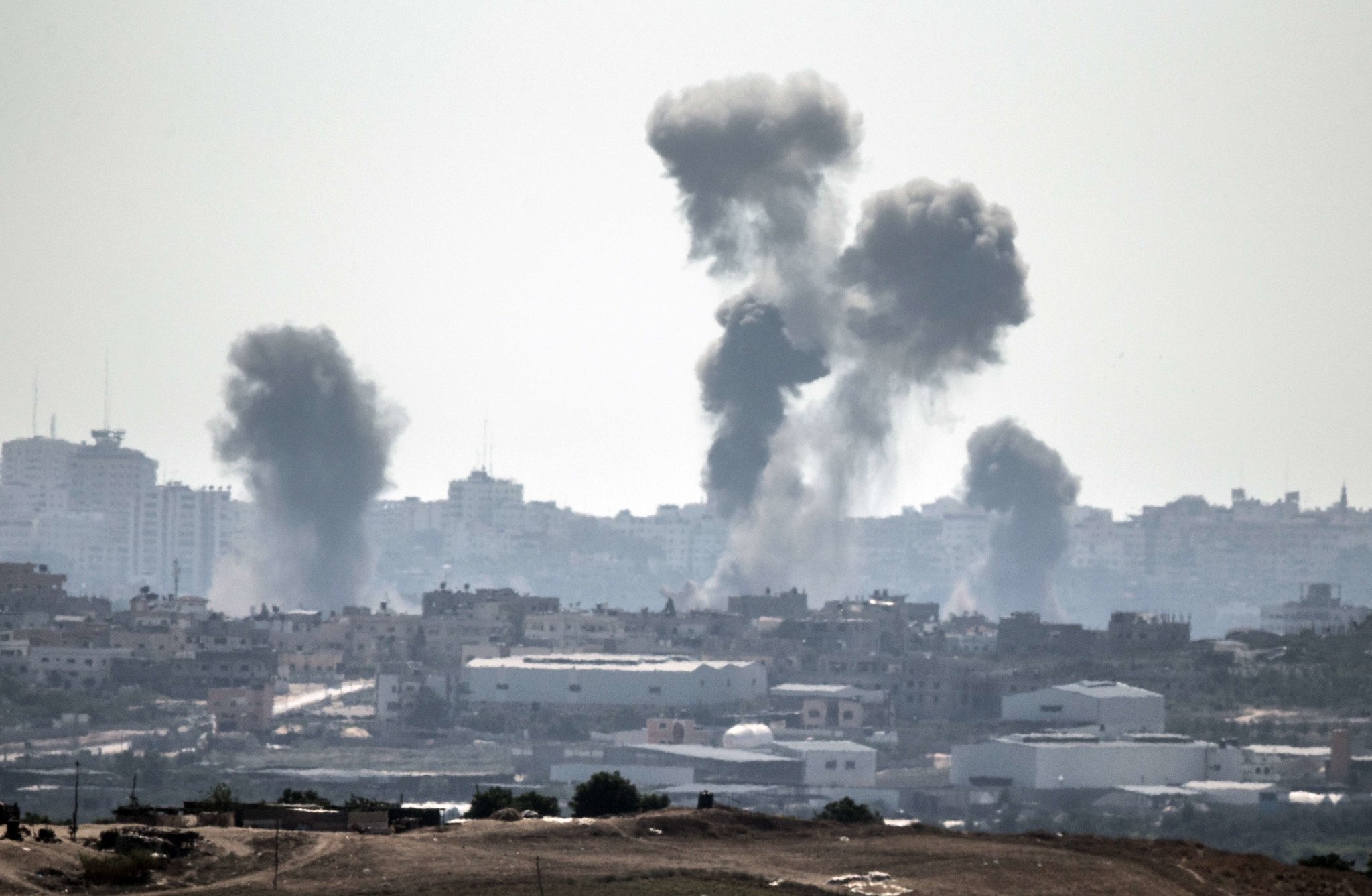
The assassination of Hamas leader Ismail Haniyeh in Tehran, Iran has sparked suspicion and fears of escalation in the already volatile Middle East region. While no one has claimed responsibility for the attack, those close to the Iranian-backed "axis of resistance" point to Israel as the likely perpetrator. The timing of the attack, during a visit to Tehran for a presidential ceremony, adds to the uncertainty surrounding Haniyeh's death. As the United States attempts to broker a ceasefire and hostage release deal in the ongoing Israel-Hamas war, the killing of Haniyeh may complicate peace talks and further increase tensions in the region.